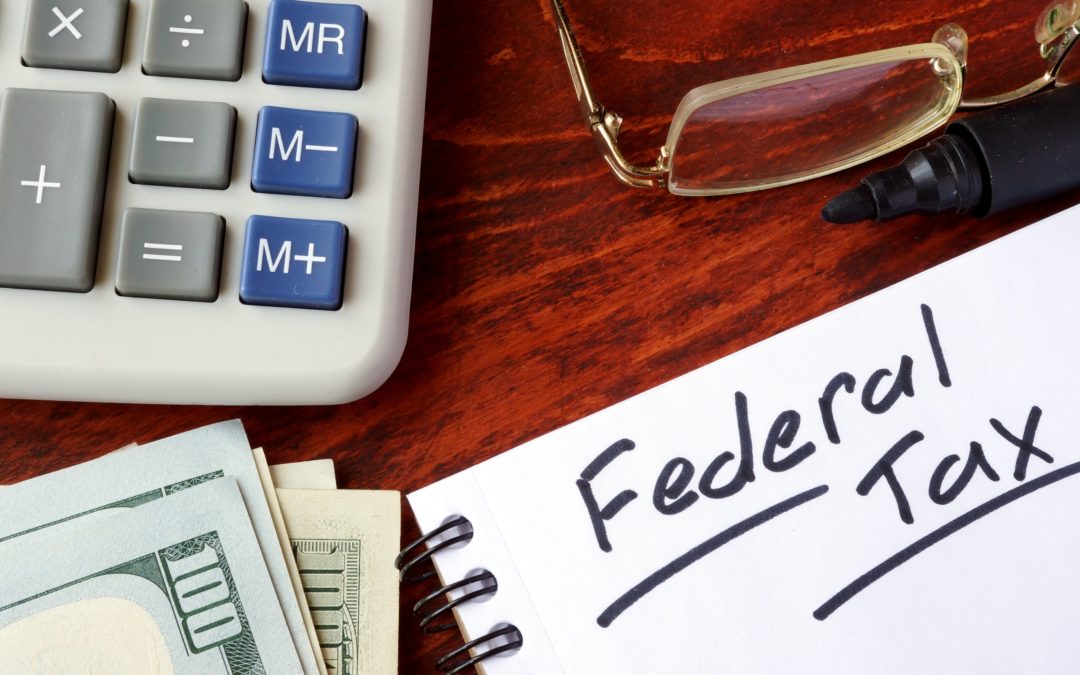The winter energy relief payment to be received by Maine residents is announced to be not part of the federal taxation.

After much confusion, the IRS announced that the winter energy relief payment is not part of federal taxation. (Photo: H&R Block)
The Good News That Came With “Winter Energy Relief Payment”
The IRS has announced that the “winter energy relief payment” received by residents of Maine earlier this year will be exempt from federal taxation. This decision came after a period of confusion where the IRS initially indicated that the winter energy relief payment would be taxed.
The Maine Revenue Service had submitted requests for clarification to the IRS regarding the tax status of the winter energy relief payment. The IRS later clarified that state payments, such as the winter energy relief payment, made for the promotion of general welfare are not included in an individual’s federal income.
However, in a phone call in December, the IRS indicated that the winter energy payment were not exempt from taxation. The Commissioner of the Department of Administrative and Financial Services expressed concern that the IRS’s verbal guidance contradicted their written guidance, confusing for taxpayers.
However, three days later, the IRS confirmed that the $450 winter energy relief payment would indeed be exempted from federal taxation as a qualified disaster relief payment. This decision was made because the winter energy relief payment was passed as part of legislation addressing the impact of the COVID-19 pandemic.
According to a published article by The Maine Wire, Maine taxpayers and Governor Janet Mills welcomed the decision about the winter energy relief payment. They have also stated that the winter energy relief payment was intended to provide financial relief for Maine residents dealing with high energy prices.
Tax Season Of 2024
In a published article by CNET, the 2024 tax season is starting in less than a month, so it’s time to gather your tax paperwork and save money for potential tax payments. The deadline for filing and paying taxes is set by the federal government, but some states have their schedules.
Employers are required to send W-2 and 1099 income tax forms to employees by the end of January. The official deadline for federal tax returns is April 15, 2025. Extensions are available in case of disasters or for military personnel serving abroad, but payment deadlines remain the same.
Some states have different filing deadlines, so it’s important to check with your state’s Department of Revenue for the most current information.
READ ALSO: Struggles With Financial Stability May Put Social Security Benefits For Senior Citizens At Risk
























